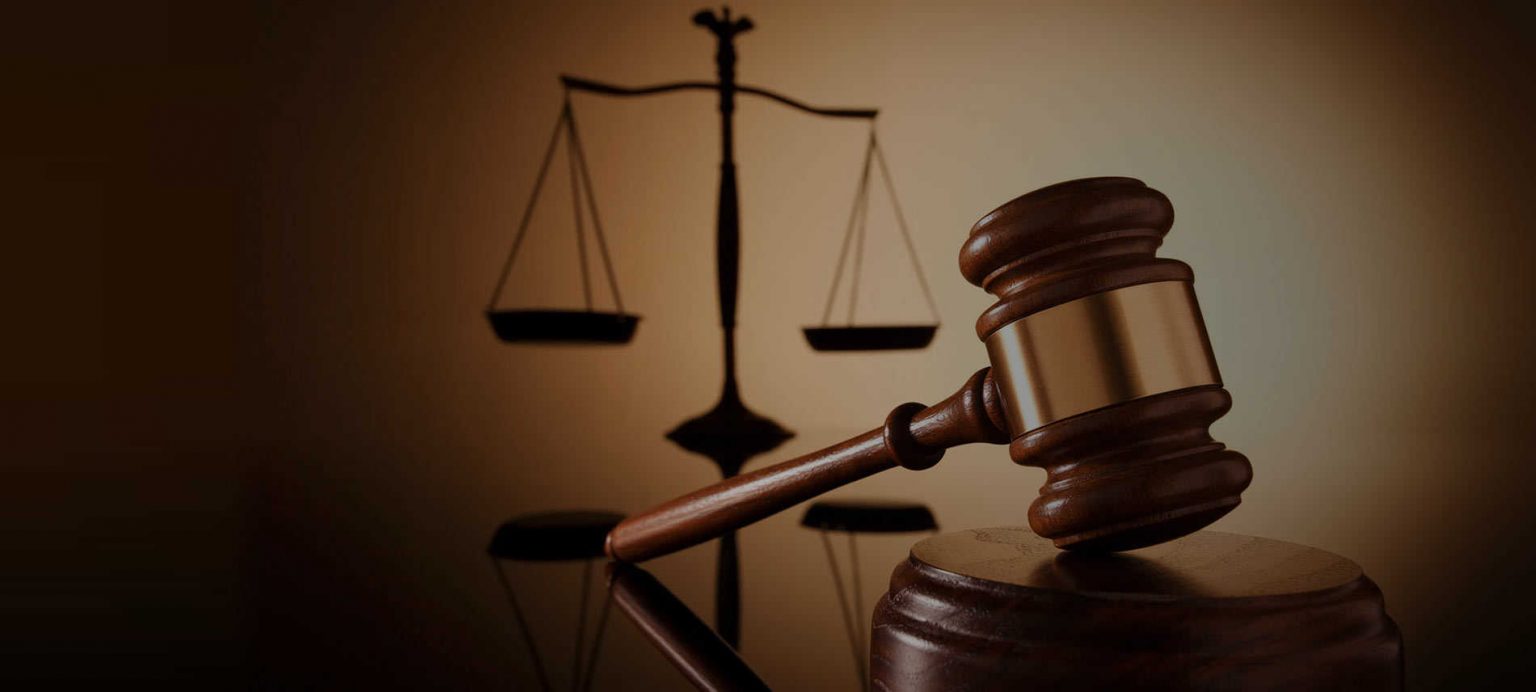In criminal cases, the law holds that all defendants are presumed to be innocent of the charges. To prove their guilt beyond a reasonable doubt, prosecutors must present evidence before jurors in a court of law according to rules and constitutional protections. Defense counsel can help by identifying weaknesses in the prosecution’s case and cross-examining witnesses.
They may also call their witnesses to testify on behalf of their client or provide testimony for defense arguments. The reality is not everyone who is accused is guilty. And people are not always adequately represented when they seek legal assistance themselves because they don’t understand how the criminal justice system operates or what they should expect during trial proceedings.
What is CWOF?
The CWOF law allows people charged with a criminal offense to be released on their recognizance or signature bond if they can produce a certificate of exemption from prosecution signed by the prosecutor. The CWOF law does not apply if the defendant is charged with:
A felony involving physical harm or threat thereof
Arson
Sexual crimes
Violent crimes that involve weapons
Drugs
The prosecutor may sign off on your release if you are accused of one of these offenses but haven’t been convicted because you have no previous convictions for those types of crimes. Your defense lawyer can help your get the best situation and know more about CWOF cases.
How To Get CWOF?
You may be eligible to get CWOF if you are charged with a crime committed in a neighboring state. To be found eligible, you must also meet specific additional requirements. You will have to appear before the judge within fourteen (14) days of being charged, answer all questions about the facts of your case and not make any threats against anyone involved in the criminal justice system. A judge will order it immediately if you are found eligible for CWOF after your indictment.
If you signed a personal recognizance bond, you would have to pay the bond back. If you were released on a signature bond, the court would release any bail posted to get your freedom. Keep in mind that prosecutors may withdraw their signatures at any time.
Role Of Defense Counsel
Your defense team may include more than just an attorney if you can afford it. Most experienced defense attorneys will provide you with a list of additional services to consider getting for your money, including investigators and mitigation specialists who can arrange expert witnesses and secure favorable witnesses for the jury.
Defense attorneys are not usually paid unless and until you are found not guilty, but your legal fees could amount to thousands of dollars. If you can’t afford to pay for defense counsel, you may qualify for a public defender. You may also be able to pay out of pocket if you know that an experienced felony defense attorney sets the best chance at a favorable outcome in motion.
Your legal bills depend on the type of case and the extent of your representation. Some attorneys will agree to cap their billing at a certain amount. Others will quote their fees based on time, skill level, and experience.

